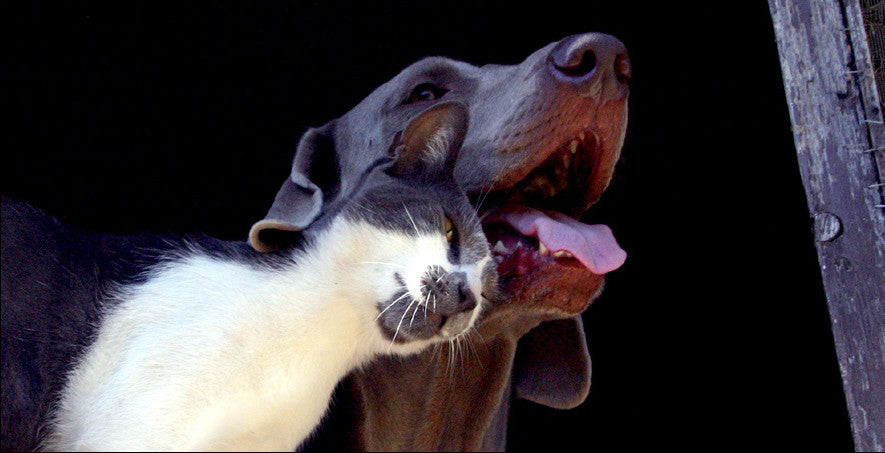Why we started CleverPet
On any given workday in the U.S., most homes are quiet and largely empty. The TVs and sound systems sit unused, often pointed at an empty couch. Also sitting idle, often on that same couch, is the family dog, waiting anxiously for things to get interesting again.
CleverPet’s inspiration came from noticing the potential of pairing a home’s dormant technology with its restless companion animals. We are now one piece of hardware away from being able to transform thousands of hours of loneliness into engaging, entertaining, and perhaps even edifying interaction for dogs and cats.
As cognitive scientists and neuroscientists, we find this exciting for two reasons. First, when millions of homes are intelligently engaging animals all day, we know we’ll discover capabilities and untapped potential that defy our imaginations; for instance, we’ve only just discovered that dogs can learn the names of more than 1000 objects.
But secondly, and more importantly, we’re excited about the potential of this kind of technology to deepen and enrich the empathy we have for the animals we live with. We’re inspired every day when we see our best friends being challenged, or learning, or revealing their personalities. As animal lovers, we cherish each glimpse we get into the minds of our furry friends. Since they can’t talk to us (at least, not yet!), it’s only by watching their responses that we get insight into what they’re thinking.
In this video we can see Artie, an expert CleverPet pup, who appears to wait to touch a touchpad until he’s gotten the attention of his fellow dog Ariel.
When we think about what’s possible when the average home can automatically provide expert training all day, every day, we get incredibly excited: excited about what we’ll learn, excited about what they’ll learn, and excited for the deeper understanding we’ll gain for everything that has a mind.
Animals can do so much more.
Let’s find out what!
With thanks to Anna Marie Clifton, Tom Siebert, Kensy Cooperrider, and Kara Knudsen for their feedback.
This post was originally published on Medium on June 20, 2016.

